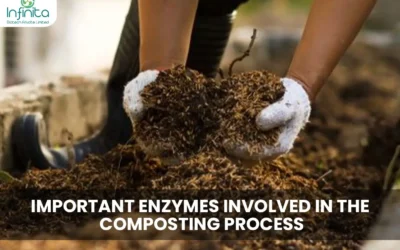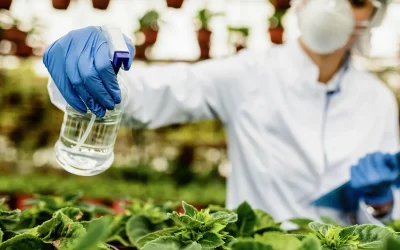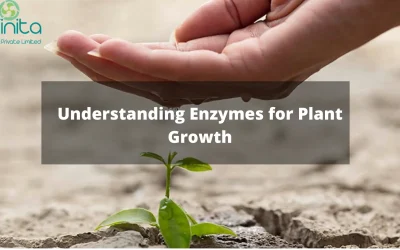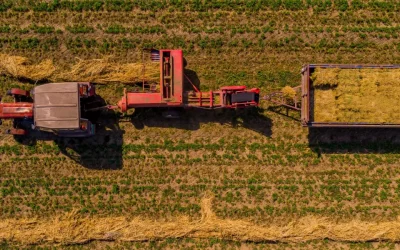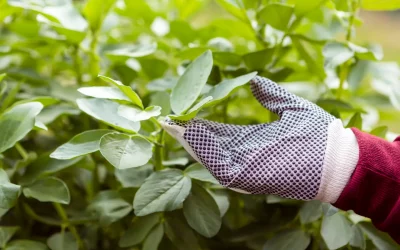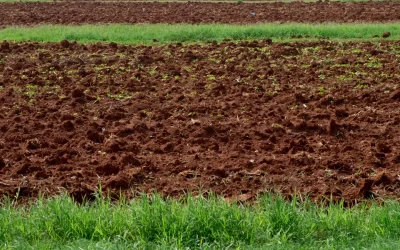Soil is more than just the surface we walk on—it’s the foundation of both agricultural productivity and infrastructure stability. Traditionally, soil stabilization has relied on heavy machinery, chemical treatments, or extensive layering with gravel and concrete. But with increasing environmental concerns and the need for sustainable solutions, biotechnology is emerging as a game-changer in soil stabilization for both agriculture and construction.
What is Soil Stabilization?
Soil stabilization refers to techniques that improve the physical properties of soil—such as its strength, durability, and load-bearing capacity. In agriculture, stabilized soil supports better root penetration, nutrient retention, and erosion control. In construction, it ensures that roads, embankments, and buildings are built on a secure base that resists shifting, cracking, or settling over time.
Enter Biotechnology: Nature-Inspired Innovation
Biotechnology is the application of biological systems or living organisms to solve real-world problems. In the context of soil stabilization, this often involves the use of enzymes, microbes, and bio-based compounds that interact with the soil to enhance its structure naturally—without harming the environment.
Enzymatic soil stabilizers, for example, work by triggering chemical reactions with soil particles. These reactions lead to the formation of stronger bonds between particles, reducing voids and water absorption. Over time, the treated soil becomes more compact, resilient, and less prone to erosion.
Agricultural Benefits of Biotech-Driven Soil Stabilization
In farming, biotechnology-based stabilizers can significantly improve soil health. Rather than using synthetic binders or chemical hardeners, enzymes or microbial solutions restore the natural balance of the soil, enhance microbial activity, and increase resistance to wind and water erosion.
Such methods are particularly valuable in regions with sandy or degraded soils. By enhancing soil structure without disturbing its biological integrity, biotechnology allows for better water retention and nutrient absorption—leading to healthier crops and reduced need for irrigation or fertilizers.
Infinita Biotech’s enzymatic solutions for agriculture are a prime example of this approach. Their eco-friendly products help farmers create more fertile and stable soils, even in challenging terrains.
Construction: Building on a Stronger, Greener Foundation
In construction, the traditional method of soil stabilization often includes cement, lime, or synthetic polymers. While effective, these methods come with environmental downsides—high carbon emissions, energy-intensive production, and potential contamination of groundwater.
Biotechnology offers a sustainable alternative. Enzyme-based soil stabilization improves load-bearing capacity, reduces dust and erosion, and extends the lifespan of roads and foundations. It’s especially useful for rural road construction, where cost-effective, low-maintenance solutions are essential.
By using biotechnology in civil engineering, companies not only reduce their environmental footprint but also lower costs in terms of materials and maintenance. Enzymatic treatments are easy to apply, require less machinery, and result in durable surfaces that can withstand heavy usage.
Infinita Biotech’s enzyme formulations for soil stabilization have been successfully applied in numerous infrastructure projects, providing long-term strength without compromising the environment.
The Future of Sustainable Infrastructure Lies in Biotechnology
As climate change and sustainability become global priorities, the integration of biotechnology into construction and farming practices is more relevant than ever. It bridges the gap between environmental responsibility and practical efficiency.
With ongoing research and innovation, we can expect even more advanced formulations that target specific soil types, climates, and project needs. These solutions won’t just be safer—they’ll be smarter, more adaptable, and more cost-effective in the long run.
Conclusion
The transformation of soil stabilization through biotechnology marks a pivotal shift toward greener, more sustainable agriculture and construction practices. Whether you’re a farmer battling soil degradation or an engineer working on rural infrastructure, biotech-driven solutions offer a future-forward approach that balances performance with environmental care.
Companies like Infinita Biotech are at the forefront of this revolution, using cutting-edge enzyme technology to stabilize soils in a way that’s both effective and eco-conscious. As industries evolve, biotechnology isn’t just an option—it’s becoming the foundation of progress.
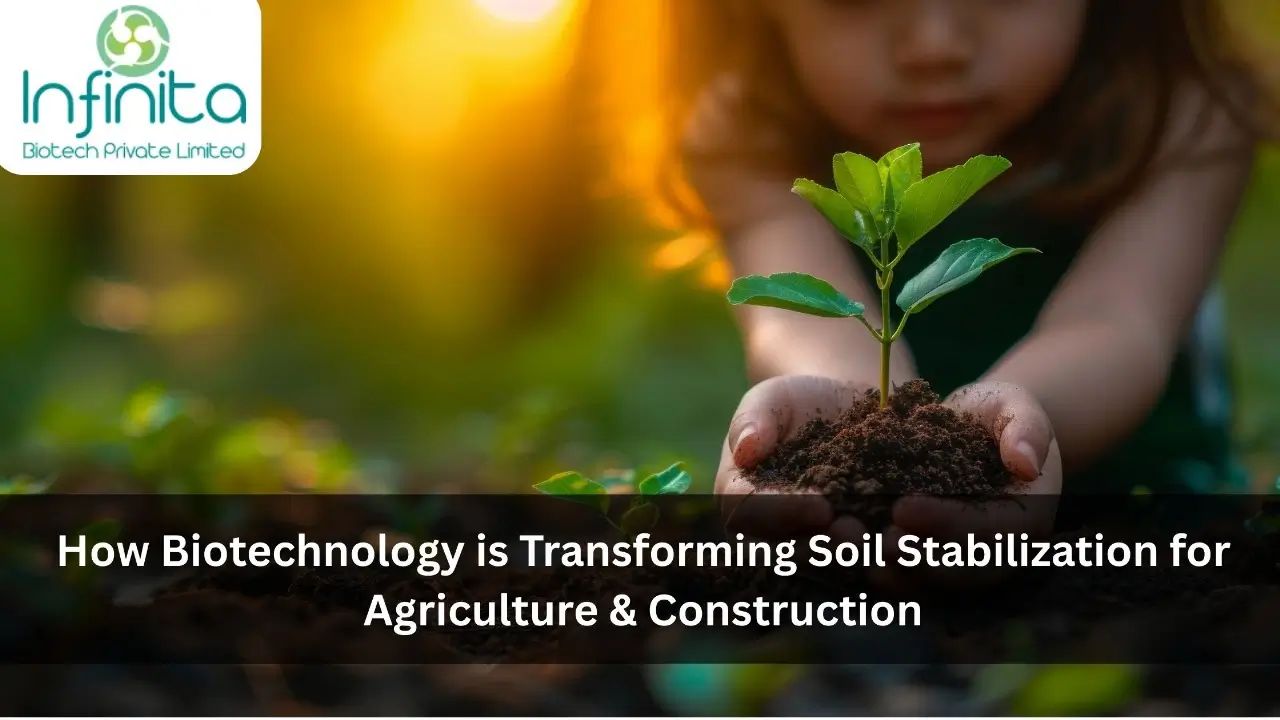
 Summarize this Article with AI
Summarize this Article with AI
